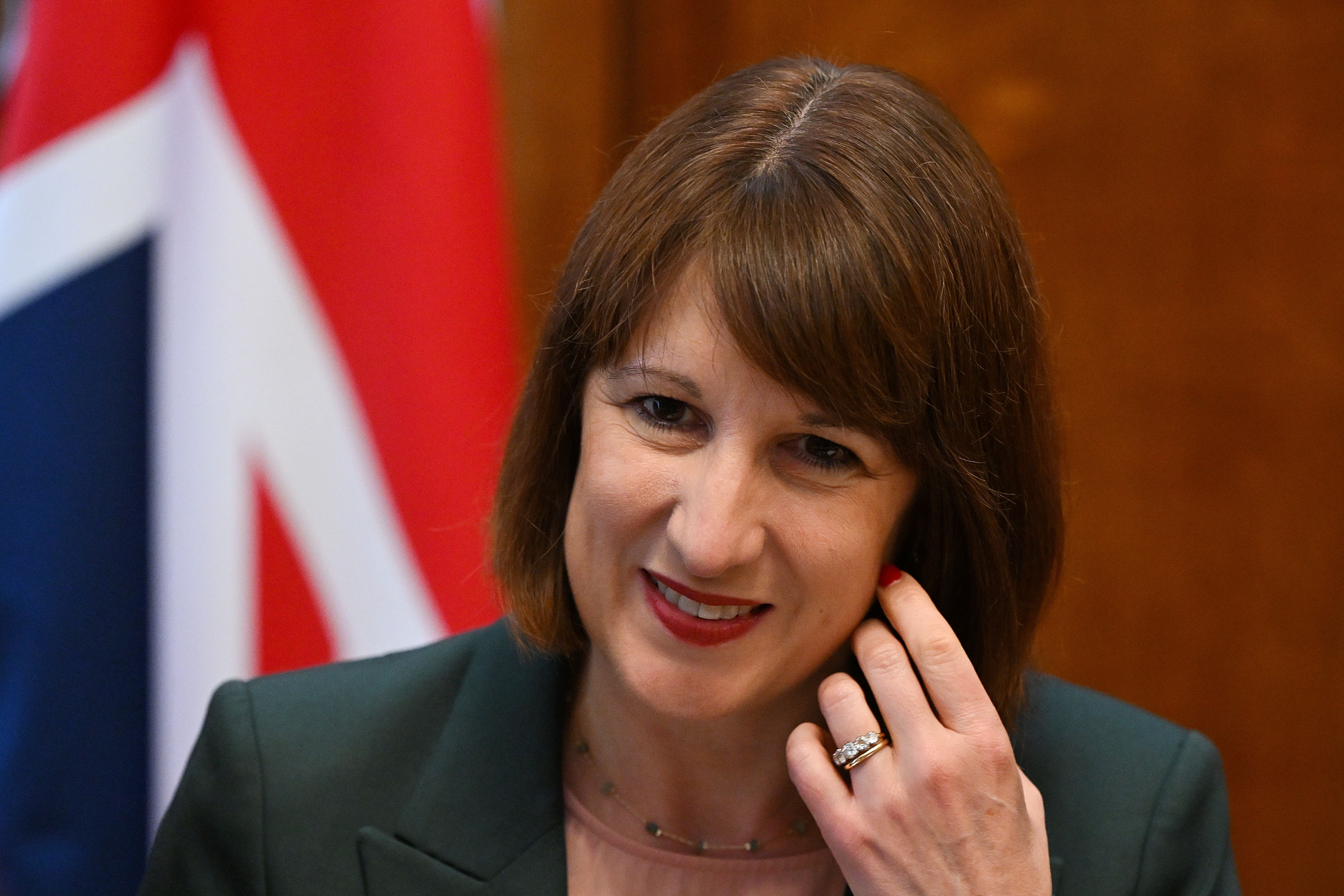This is where cheap talk about tough choices becomes expensive. The government’s independent pay review bodies are understood to have recommended pay rises of 5.5 per cent for most public sector employees. This is more than inflation but is needed to keep up with private sector pay, otherwise it will become even harder for public services to recruit and retain staff.
It is also, crucially, more than the 3 per cent assumed in the previous government’s spending plans, which were accepted as the baseline for parties’ promises at the general election.
That means the new Labour government approaches its first Budget, probably in September, with a shortfall of at least £3.5bn a year – on top of the rest of the gap between opposition rhetoric and government reality.
The Independent did warn the voters. We repeatedly quoted Paul Johnson, the head of the Institute for Fiscal Studies, who spoke of the “conspiracy of silence” between the parties about the state of the public finances after the election.
It should therefore not come as a surprise to voters if Rachel Reeves, the new chancellor, has to raise revenue in ways that were not explicitly advertised in advance. Nor if she has to make some uncomfortable decisions to constrain public spending, notwithstanding election rhetoric about “no return to austerity”.
Such decisions are unfortunate but they are unavoidable. It may be possible to soften them somewhat if negotiations on pay are approached in a spirit of constructive compromise. It may be that half a percentage point could be shaved off the pay awards; it may be possible to find a small part of the funding for the pay rise from existing budgets; but most of the award will have to be paid and it will have to come from taxpayers in some form.
The prime minister and the chancellor can urge restraint on public-sector trade unions as much as they like, but it is not union militancy that is the problem here: it is the loss of staff to the private sector. The one union that was behaving unreasonably, the junior doctors’ committee of the British Medical Association, seems ready to accept a compromise deal; it must be hoped that the other unions follow this example.
The new government cannot allow the public services to be blighted by staff shortages over the next few years as they have been in the past few years. There are no easy spending cuts to be made elsewhere. It would be reckless to borrow to cover current spending. Therefore, the one group that will have to make the biggest compromise is the taxpayers.
As Mr Johnson of the IFS says, “there is no fourth option here”.
Taxes are already planned to rise over the next few years, as the freeze in the cash value of thresholds drags more of people’s incomes into tax, and at higher rates. But Ms Reeves will have to go further – and further than the taxes on school fees and non-doms that were advertised in Labour’s manifesto.
As long as the burden is spread fairly, possibly by taxing those who have benefited most from the rise in house prices in recent decades, this is the least bad way of ensuring that the NHS and schools can afford the staff they need to deliver the services we deserve.
At a time of national financial stringency, all interested parties need to be willing to compromise for the greater good; but it is all of us as taxpayers, and according to means, who will have to make the greatest sacrifice.




Join our commenting forum
Join thought-provoking conversations, follow other Independent readers and see their replies
Comments